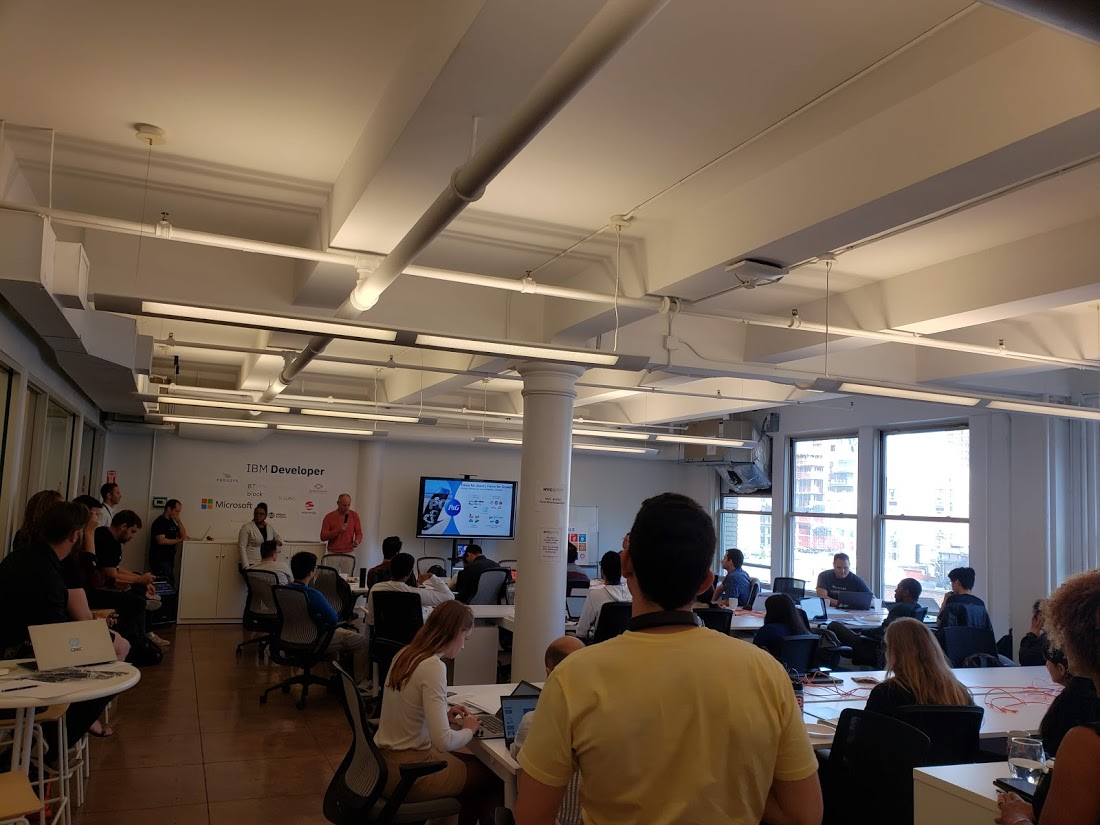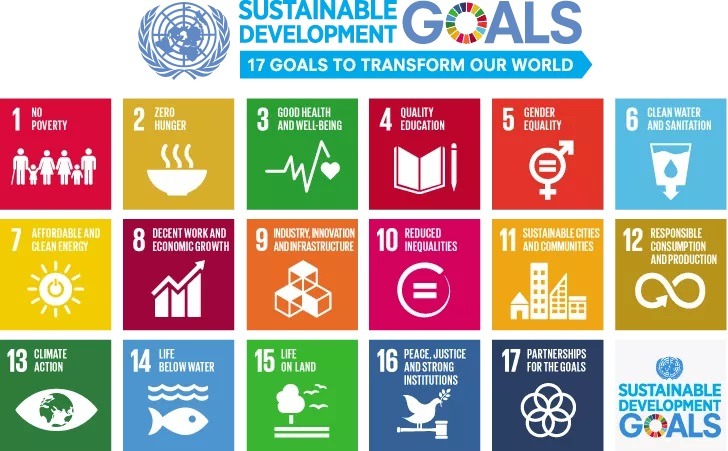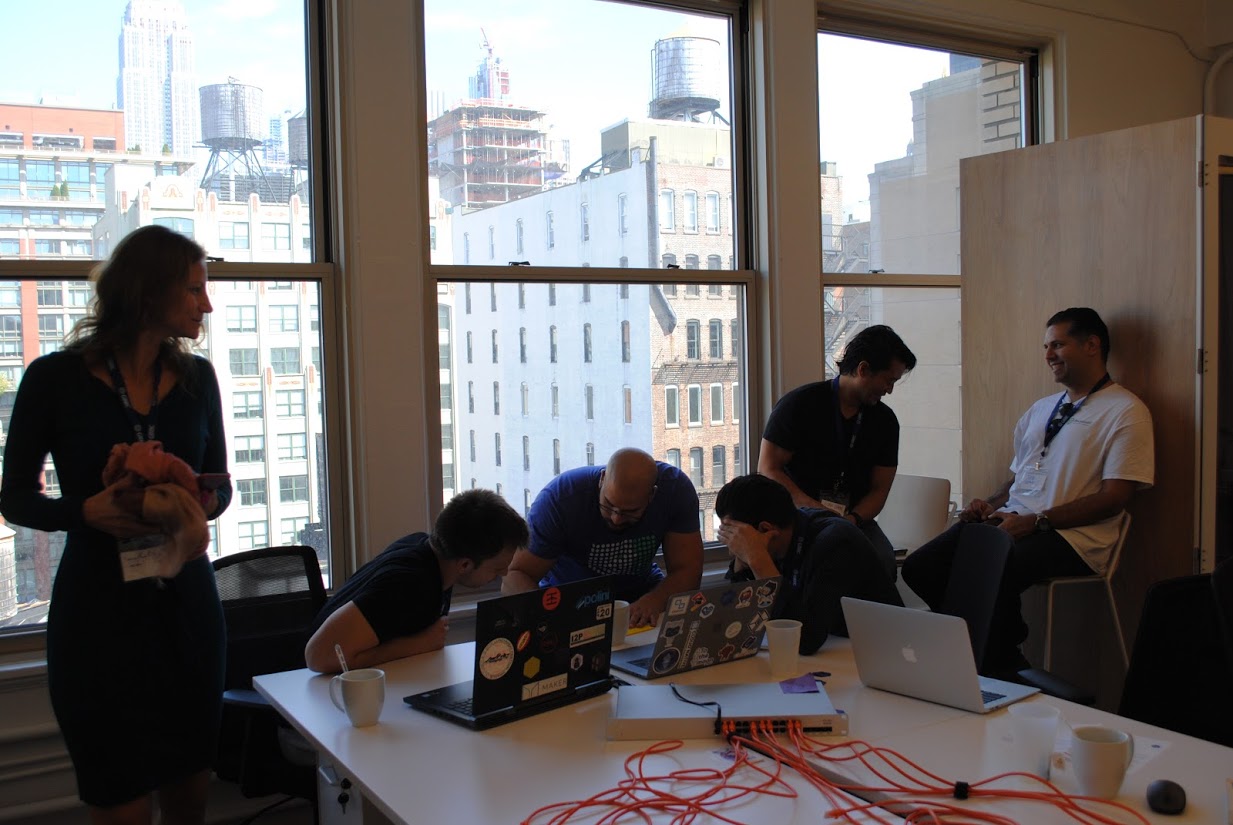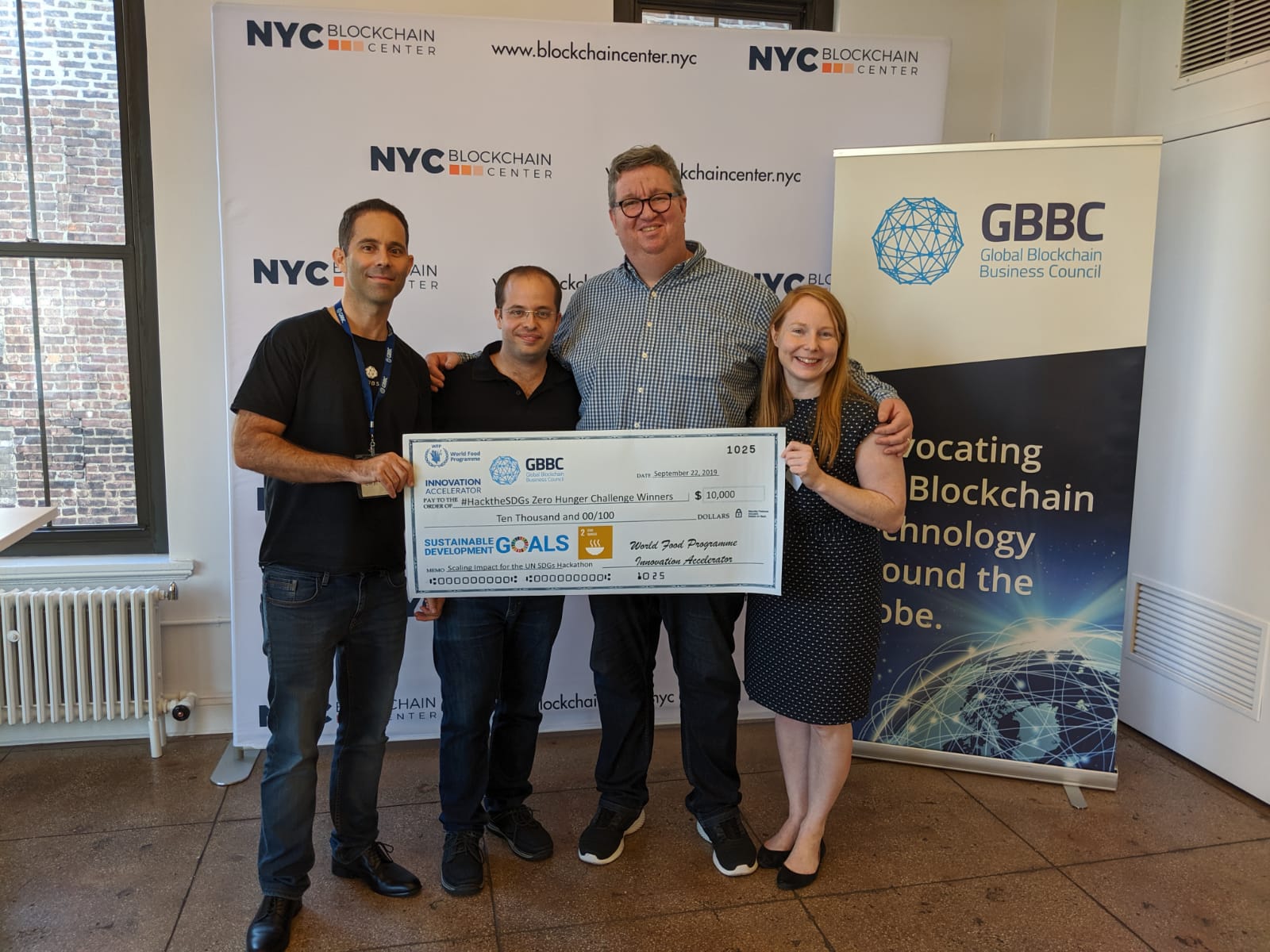


(https://gbbcouncil.org/) for a hackathon aimed at solving, or “hacking” sustainable development goals.
Other than Orbs and other technology partners, GBBC also teamed up with Blockchain for Social Impact (BSIC), the NYC Blockchain Center, and the New York City Economic Development Corporation (NYCEDC) to host the hackathon around “Scaling Impact for the United Nations Sustainable Development Goals”, a blockchain hackathon at the NYC Blockchain Center on September 21st and 22nd.

Sustainable development goals (or SDGs) address the global challenges humanity faces face, from global poverty to environmental degradation. The participating teams were required to choose one of the following SDGs to focus on:

Each of the three SDGs carried a reward of $10,000 (USD), to be granted to the best solution presented. Over the next 25 hours or so, the different teams started working on blockchain-based technological solutions to alleviating hunger, water, and sustainable cities. The networks available for use in this challenge were blockchains by Microsoft, IBM, Quorum, and Orbs.
By inherent design, blockchain technology allows for an auditable and immutable ledger, commonly referred to as a distributed ledger technology (DLT). It grants us, without any additional engineering efforts, the ability to show that data was not tampered with.
But what about trust? Orbs is a public blockchain, and as such the network is not controlled by Orbs Ltd or any other organization. Orbs is very similar to Ethereum from that aspect.

Looking at solutions around social behavior, trust is one of the most important features. For example, let’s imagine a solution around tracking the consumption of water or other resources to reward a certain behavior: On a private network, even one utilizing a DLT, we would still need to completely trust the network owner, as that entity (which owns the data) can simply replace it with a different data set, even one stored inside a DLT.
From the various teams which opted to use Orbs as their blockchain-of-choice (over legacy giants like Microsoft and IBM), one of them was THE WINNING TEAM!
Dynamic Digital Cooperatives, whose members are Claire Rhodes and David Acton, won the SDG2 challenge by creating a farmer-led cooperative system to connect the unconnected and transform women farmers into entrepreneurs. The reward was granted by Bernhard Kowatsch, Head of Innovation Accelerator, the United Nations’ World Food Programme.
That team managed to successfully write a complete solution, UI and Backend. Behind the scenes, there are three smart-contracts which support the recording data and transactions.
https://twitter.com/orbs\_network/status/1176095392712331265
One of the observations while judging on who should win the bounty, was around the team’s ability to deliver. What they have managed to make in 20-some hours, much larger and more experienced teams failed to achieve in months.
David used tools such as our gamma-cli to set up his environment post-build. He was able to rapidly experiment with our online IDE to prototype and test his contracts. He then also used our javascript client SDK to connect his web app to the blockchain.
Built with usability as its crown jewel, Orbs blockchain allowed them to rapidly develop. As with the supported toolchain enabling automation and a testing framework, there is really very little the engineer, David, had to worry about other than building his product.
You can learn more about the SDG Hackathon in GBBCs post, or reach out to me at jonathanl@orbs.com.

We use cookies to ensure that we give you the best experience on our website. By continuing to use our site, you accept our cookie policy.